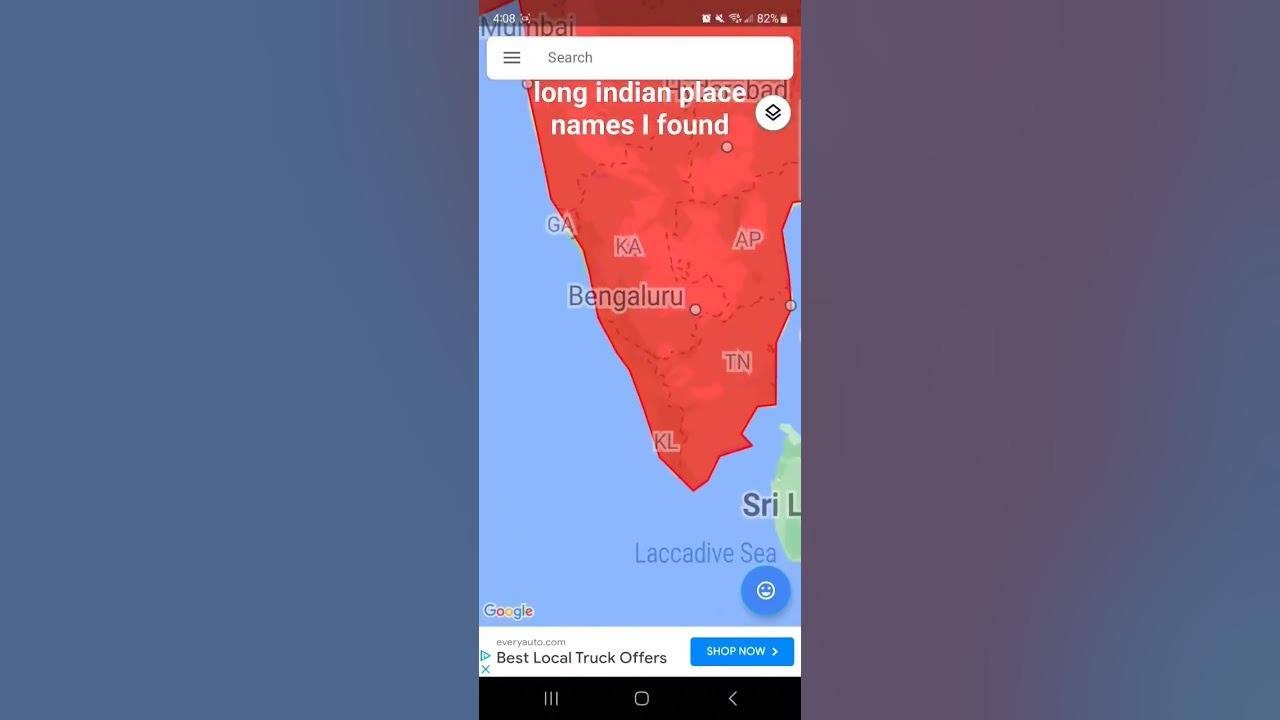Discovering The Beauty And Significance Of Long Indian Names
Long Indian names are not just a collection of letters; they are a reflection of rich cultural heritage, family lineage, and a deep connection to history. In India, names often carry meanings that resonate with the values and aspirations of families. They can signify the hopes parents have for their children or honor ancestors who have left a profound mark on their lives. As a result, many Indian names are longer than what is typically seen in Western cultures, incorporating elements from various languages, regions, and religions.
The practice of bestowing long names can also be attributed to the importance of identity in Indian society. Names are often chosen based on astrological beliefs, cultural traditions, and familial significance. This results in names that may include multiple syllables and a blend of elements from different languages such as Hindi, Sanskrit, Tamil, Bengali, and Urdu, making them unique and meaningful. These names can also reflect the diversity and unity of the Indian culture, showcasing the country's multifaceted identity.
Moreover, long Indian names often carry stories of historical significance or reference revered figures in religion and mythology. They serve as a reminder of the cultural fabric that weaves through the lives of individuals. In this article, we will explore the fascinating world of long Indian names, their significance, and some notable examples from various backgrounds.
What Makes Long Indian Names Unique?
Long Indian names are distinctive due to their linguistic richness and cultural implications. They often combine various elements that signify personal, familial, and cultural identity. This uniqueness can be attributed to several factors:
- Cultural Significance: Names often reflect cultural beliefs and values.
- Historical Context: Many names are derived from historical figures or events.
- Astrological Influences: Some names are chosen based on astrological readings.
- Family Traditions: Long names often honor ancestors or carry family legacies.
How Are Long Indian Names Structured?
Long Indian names are typically structured in a way that combines first names, middle names, and surnames. They may include:
- Given Name: The first name, often with a cultural or familial significance.
- Middle Name: This may reflect the father's or mother's name or carry additional meaning.
- Surname: The family name, which can indicate caste, profession, or geographical origin.
Are There Common Themes in Long Indian Names?
Yes, many long Indian names share common themes that reflect cultural values:
- Spirituality: Many names include references to deities or spiritual concepts.
- Nature: Names may draw inspiration from natural elements, such as rivers or mountains.
- Virtues: Names often embody virtues such as strength, wisdom, or beauty.
Who Are Some Notable Personalities with Long Indian Names?
One notable personality with a long Indian name is Raghunandan Keshav Mhatre, a renowned figure in Indian politics. Below is a brief biography of him:
| Personal Details | Biography |
|---|---|
| Name: | Raghunandan Keshav Mhatre |
| Date of Birth: | January 15, 1975 |
| Profession: | Politician |
| Political Party: | Bharatiya Janata Party (BJP) |
| Constituency: | Mumbai North |
| Notable Contributions: | Advocating for urban development and infrastructure improvements |
What Are Some Other Examples of Long Indian Names?
There are numerous examples of long Indian names that reflect the diversity of the culture. Here are a few:
- Venkateshwaran Sundararajan: A name that signifies devotion to Lord Venkateswara.
- Krishnakumar Srinivasan: A name that honors the Hindu god Krishna.
- Mohammed Zia-ul-Haq: A name that reflects Islamic heritage.
- Jayaprakash Narayan: A name inspired by the renowned social activist.
How Do Long Indian Names Impact Identity?
Long Indian names play a significant role in shaping individual identities. They often serve as a source of pride, connection to one’s roots, and a reminder of one’s heritage. Additionally, these names can influence social perceptions and interactions, as they often carry profound meanings and associations.
Can Long Indian Names Be Difficult to Pronounce?
Yes, some long Indian names can be challenging for non-native speakers to pronounce. This is due to the combination of multiple syllables, regional dialects, and linguistic nuances. However, it is essential to recognize the importance of pronunciation, as it shows respect for the culture and heritage associated with the name.
What Are Some Tips for Pronouncing Long Indian Names?
Here are a few tips to help with the pronunciation of long Indian names:
- Break it Down: Divide the name into smaller components or syllables.
- Listen and Repeat: Find audio references for the name and practice repeating.
- Ask for Guidance: Don’t hesitate to ask the person how to pronounce their name correctly.
Conclusion: The Lasting Legacy of Long Indian Names
Long Indian names encapsulate the essence of cultural identity, heritage, and personal significance. They are a testament to the diversity and richness of Indian traditions. As we explore the meanings and histories behind these names, we gain a deeper understanding of the values and beliefs that shape individual identities within the broader tapestry of Indian culture. Embracing and respecting long Indian names is a way to honor the past and celebrate the vibrant present of India.
Discovering The Age Of Matt Roloff's Fiancé
Finding Peace: A Prayer For Release Of Anger
Unveiling The Legacy: How Many Rings Does Shannon Sharpe Have?



